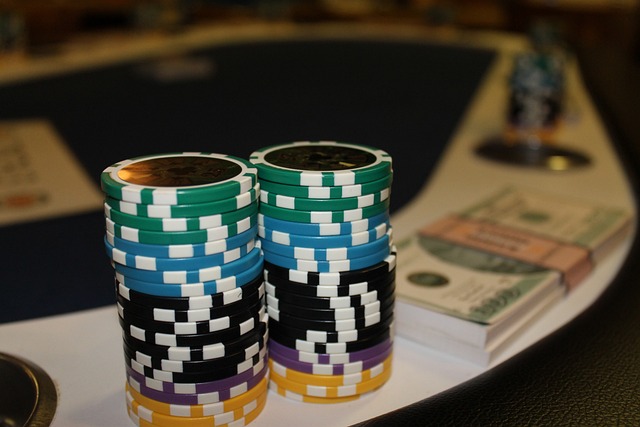Manage bankroll in poker: Optimize your budget
If you have read us before, you will have had access to multiple tips, strategies and, ultimately, ways to make your online poker game more effective. But in this post you will be able to know the basis of success when playing online poker, which is nothing more than knowing how to manage your bankroll in poker.
In short, in Spanish, it would come to know how to better optimize your budget and use it correctly. A good management of the bankroll in poker is what will allow, from the outset, that the limit is our desire to play. In other words, it is what will prevent us from running out of budget.
With proper poker bankroll management, which is nothing more than choosing the right tables based on our budget, we guarantee that we can play as much as we want. It can be very interesting to opt for big pots, but in the long term it will be more profitable to be conservative and play at tables and/or tournaments that are within our budget.
Poker Bankroll Measured in Buy-in (1-25)

This budget management method is the easiest, especially if we play sit&go tables and/or tournaments. Simply, we want to be able to buy 25 times the entry to the table where we are going to play, which in technical language would be having 25 buy-ins. If we have €50, we choose a tournament where the entry is a maximum of €2.
If we choose more, we run the risk of ruining ourselves. In poker we must take variance into account, or even that we can make bad decisions at times, even if we try to minimize this factor. A comfortable budget is the best guarantee in this regard. This ratio will also guarantee us a good choice at the other end: the prizes will be juicy enough.
And at the opposite end? Well, if we select a buy-in many times lower, we have several risks. One of them is that the prizes are not interesting, which opens us up to more complications. From the outset, our motivation may be less, as well as our risk perspective (“for this price alone, I pay the increase”), leading us to make incorrect decisions. In turn, the level of the rivals will be lower than necessary.
Bankroll according to BB
Another equally effective way to manage our bankroll in poker games is to look at how many big blinds we have. Especially in tables where the amount of entry is not set, but big blinds. Here the correct thing would be to have, from the outset, about 300 BB. If we choose something more, we face the problems we know from the previous point, but… what if we choose less?
From the outset, we assume the risk that our playing margin is too small, and we are forced to make decisions affected by it. Our spread to make continuation or discovery bets, for example, will be very small, and we will be forced to go all-in, since we will commit ourselves too much in the pots. A player with 100 times the BB vs one with 10 will have a lot of advantage, since he will have more freedom to make decisions.
Can bankroll management vary?

Absolutely yes. If you’re a very ambitious player, you’re in luck, in some contexts you’re justified in playing at tables that are more than that 25 or 300 to 1 ratio. In case you’re being cautious, the opposite is justified as well, but it’s important in both cases, be honest with yourself, because deceiving yourself will only lead to worse results:
Skill: If we are very skilled players, our budget may be smaller. Now, we need to have played several games with good results and, above all, at tables of that level.
The more players, the higher the budget, since the variance will be much higher.
The bet level. Logically, the required poker bankroll growth is not proportional. The more expensive the table (either by buy-in or blinds), the higher the required ratio can be.
Once again, the welcome offers from some bookmakers are great allies in this regard. First of all, why directly our bankroll can even double, or simply increase significantly. On the other hand, it will give us much more experience without having to risk or make mistakes with our own funds.
What will this experience do for you? Basically, it will allow us to know if our ability allows us to be more ambitious, and in turn improve said ability. There is no good player without experience, and there is no experienced player who is not good.
Leave a Reply